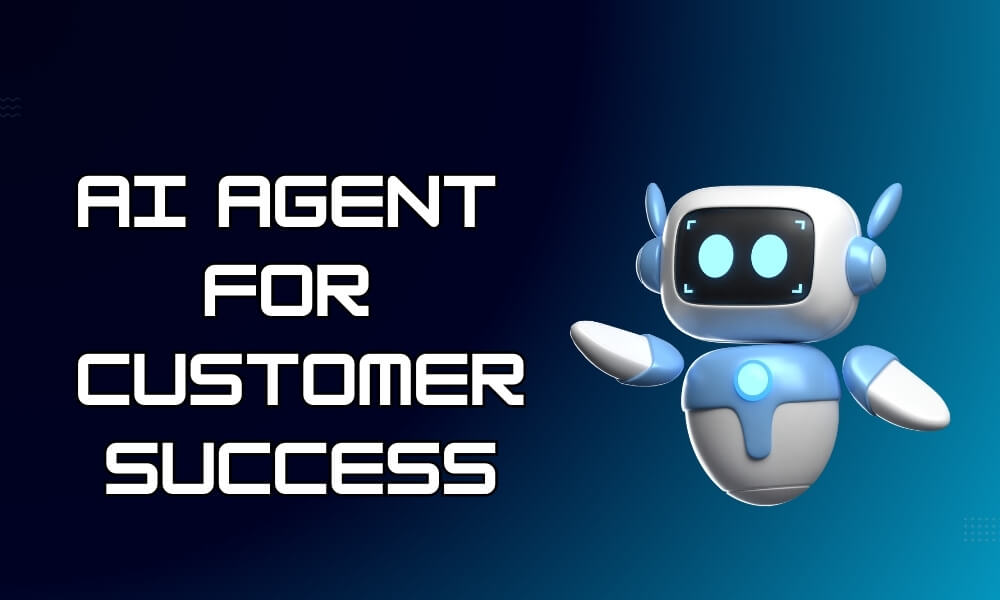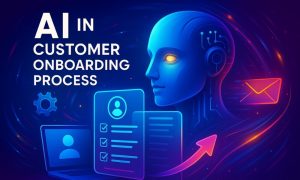With the growing customer base, it is often more difficult for the company to handle high volumes of customer inquiries efficiently. It often results in longer wait times and reduced customer satisfaction. The consequence of this ends up with extreme operating costs.
AI agents are the lifesavers in offering quick resolutions and ensuring consistency across interactions.
Keep on reading to learn the best implementation method of an AI agent to improve the overall customer journey.
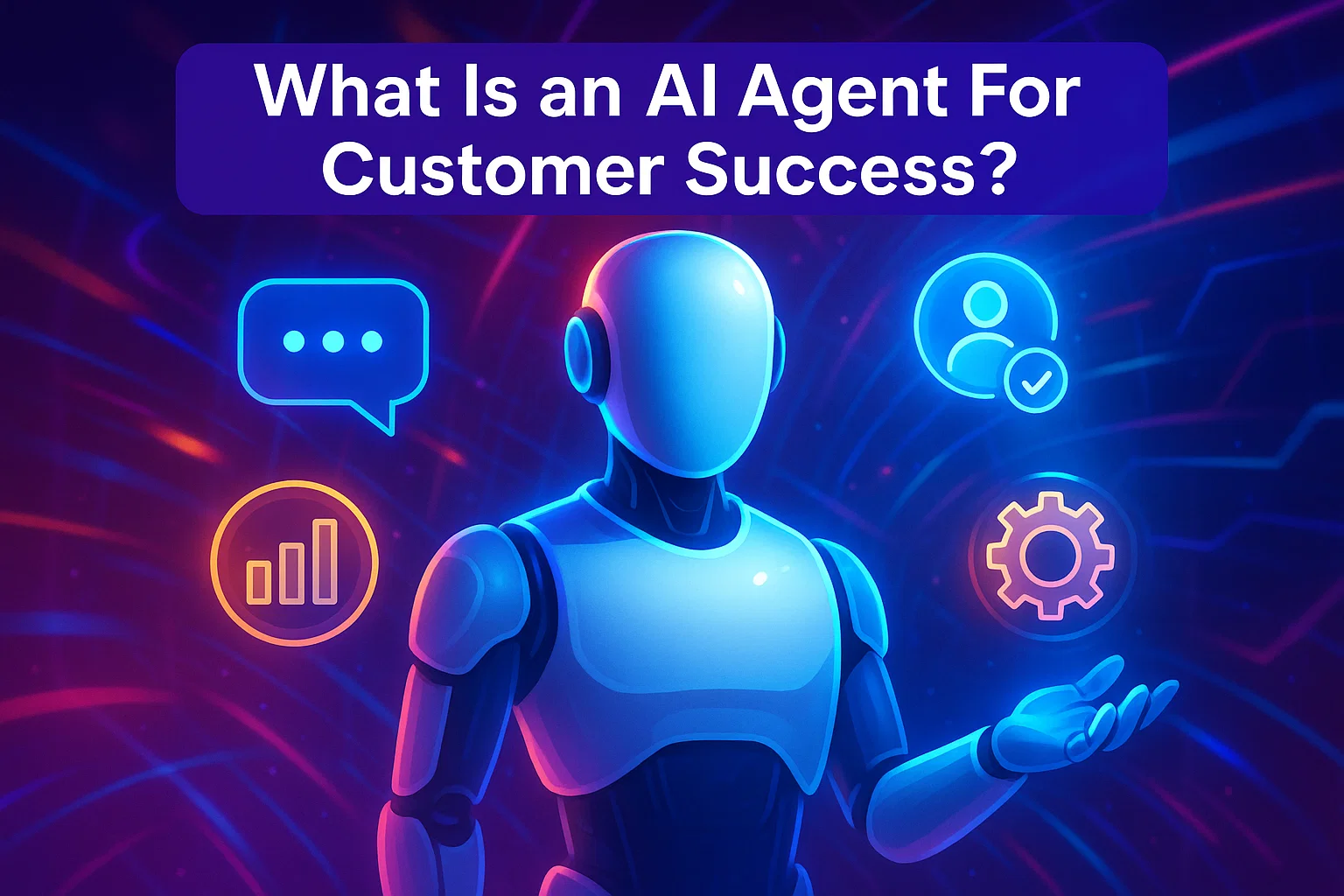
What Is an AI Agent For Customer Success?
AI agents are intelligent systems designed to process with an algorithm and respond to customer queries without human intervention. It utilizes machine learning and natural language processing to interact with the customer base, understand their queries, and provide professional-grade responses.
The agency is mainly trained to collect actual data from the large datasets. It gathers related data from all over the customer journey, including support tickets, product reviews, and so on.
With the data collected, it uses the NLP to process it and break down input text into words or phrases, then it applies Intent Recognition and understands what the customer actually wants to get.
After data analysis, it uses predefined templates or NLG models and ensures the most accurate answer. AI agents can be incorporated across various platforms and ensure a seamless experience.
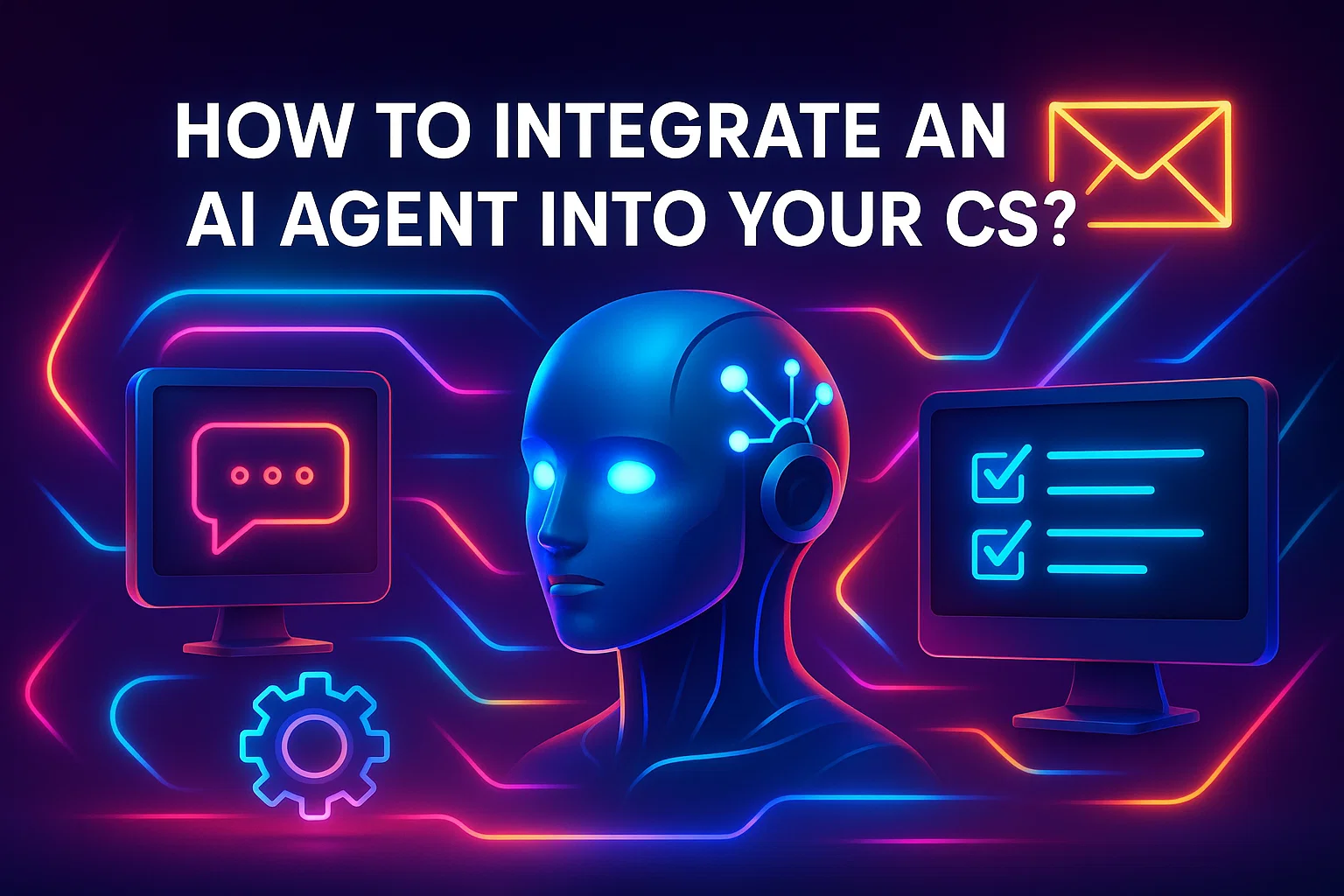
How To Integrate An AI Agent Into Your CS?
To integrate the AI agent into your CS, select the right platform, define clear objectives, ensure proper integration and training before deployment. Check out this stepwise guide:
Choose the Right AI Agent Platform
All you need is the right AI platform to effectively integrate an AI agent into your customer support system. Whatever platform you choose, it must be aligned with your specific customer service needs.
For the best implementation, evaluate the platform for various features like NLP & NLU features, integration support, customization options, user-friendly interface, security and compliance, and all. Most importantly, ensure the platform can handle a large volume of interactions.
Define Customer Support Objectives
Next, define the core objective of the AI agent.
Does your customer base prefer a text-based chatbot, a voice assistant, or a hybrid solution?
Determine whether the AI agent will handle basic inquiries. This includes FAQs, product information, and order tracking.
According to your business needs, consider AI agents that can handle more complex tasks like technical troubleshooting, billing queries, or personalized recommendations.
Integrate with Existing Customer Support Channels
In this step, you can connect the AI agent with your existing customer support channels. The most common channel to integrate is the web chat. Also, if your company has a mobile app, ensure appropriate integration to enhance the mobile user experience.
Besides, for businesses with voice-based support, you can integrate it into voice assistance. This may include Google Assistant, Amazon Alexa.
Set Up Escalation Protocols
Set an effective escalation process. It is needed to handle the situation in case your AI agent can’t solve any of the customer issues.
If the AI cannot resolve the issue, program it to immediately route the customer to a human agent. In some cases, rather than direct escalation, you can define a support ticket that will automatically notify a human agent.
Ensure Security and Compliance
Your AI agents should comply with the needed data protection regulations. It is important to ensure your customers’ data is protected. Carefully check that the AI agent follows the GDPR for European customers or the CCPA for users in California.
For the healthcare industry, it should adhere to HIPAA and PCI-DSS for data security and secure transactions.
Train and Continuously Improve the AI
After completing all the integrations, now time to properly train your AI agent to meet the core specific goals.
You can use predefined intents and phrases specific to your business domain. In case your business is e-commerce, you can train the agent related to product inquiries or order status. After each interaction, make sure to collect feedback using the CSAT or NLP metrics. Monitor performance data and improve the system as needed..
Deploy in Phases
When everything’s done, this is the time to launch your AI agent across the entire customer support system. Even after full deployment, keep monitoring the AI’s performance and make needed adjustments.
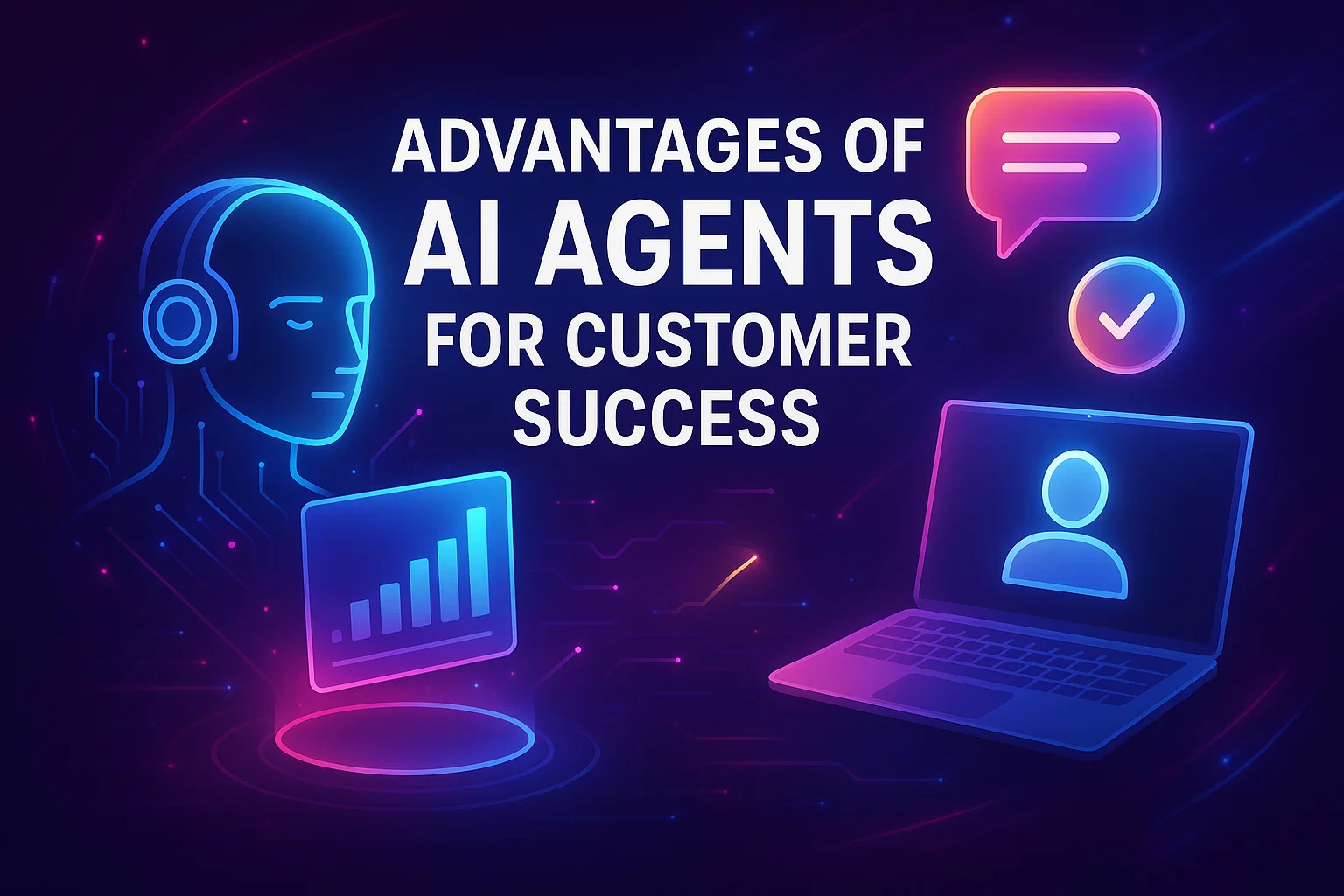
Advantages Of AI Agents for Customer Success
AI agent helps in operational efficiency by automating repetitive tasks, reducing the response time, and enhancing the customer journey.
- 24/7 Availability: With an AI agent, you can ensure round-the-clock support for the customer. It reduces wait time, frustration, and enhances the service level.
- Cost Efficiency: By automating the routine tasks and customer inquiries, you can use the AI agent as a cost-effective option to cut down on operational costs. Reports say that AI implementation in customer service can save companies up to 25% in operational costs.
- Personalized Customer Interactions: AI agents ensure interactions the way the customer desired. They recommend products or services based on past records and deliver personalized experiences.
- Multilingual Support: AI agents can provide support to the customer in multiple languages. It helps you a lot to provide support to international customers and generate leads.
- Increased First Contact Resolution (FCR): AI agents mainly process the queries at the first contact. It reduces the need for follow-up interactions and improves efficiency.
In Closing
To sum up, the integration of an AI agent in customer success programs offers substantial benefits. It enhances business efficiency, offers a personalized experience, and can scale with the growing platform. Periodically retrain the AI on new data and feedback to keep it up to date.
Author
Shirikant is a proven customer success leader who combines sharp business insight with practical experience to improve retention and drive revenue. As the founder of Statwide, he designs customer-first business strategies that guide companies to turn users into loyal and long-term partners. His approaches are built on real results: stronger relationships, higher customer value, and lasting growth.

